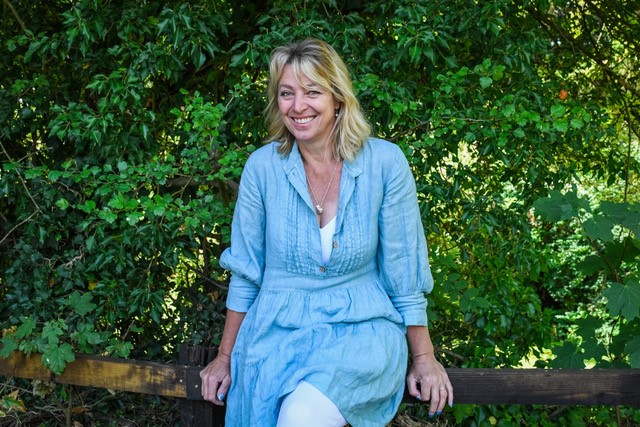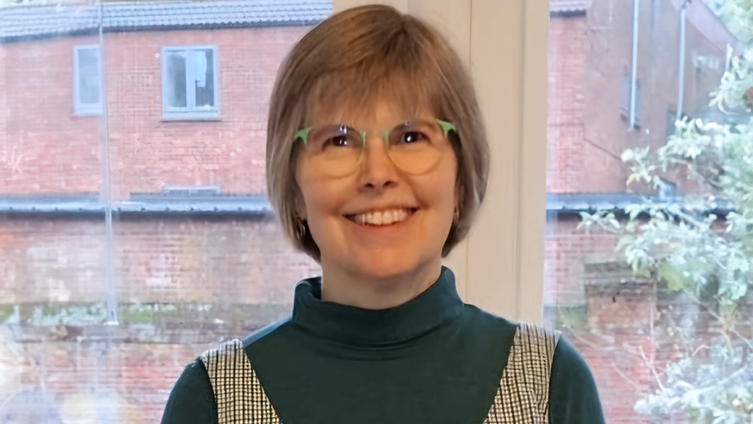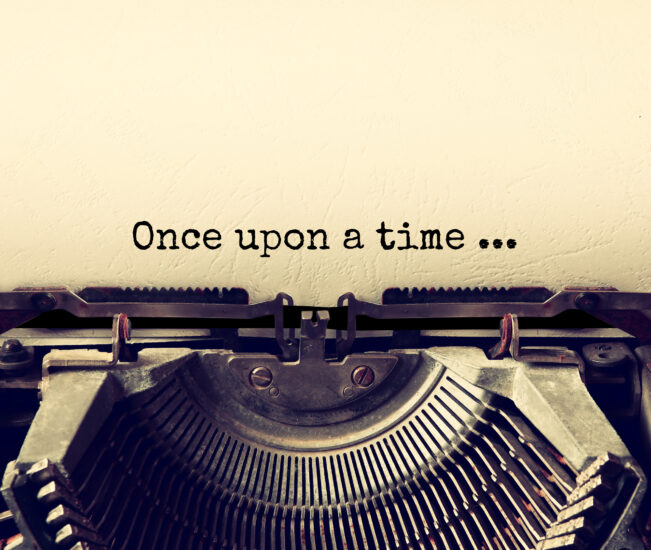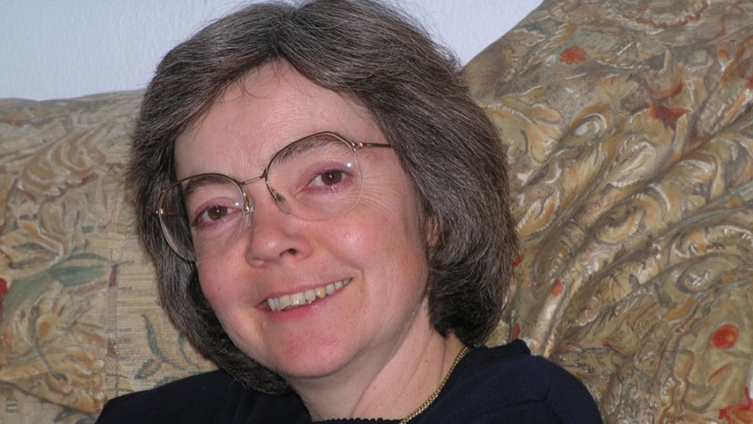
Tuesday’s Writer Of The Day is Kate Baker. Kate’s story, “A Priceless Plan”, appears in our 155 Anniversary issue, on sale tomorrow.
“A Priceless Plan” makes for a powerful read. Was the story always going to be a father and daughter storyline?
Yes. It started life as an exercise during a Curtis Brown online course in 2018. The title of the prompt was “A test result”, but we were free to interpret the title in any way we liked. The daughter/father relationship was there from the start and I still have the original piece which was around 300 words.
In that first draft, in the father’s hallway hung a black and white rugby team photo from James’ younger days. It meant nothing particular at that point, but I think I pictured rugby as my son played the game for years and so I have an affinity with it.
Why did you choose Dublin as the location for the story?
During research to develop the short story, I discovered that the Five Nations rugby tournament in 1972/3 was part played in Dublin. In 1972, both Scotland and Wales refused to go for fear of becoming caught up in the troubles. But England ventured over.
They were well and truly beaten by a better Ireland team on the day, but the crowd gave the England players a standing ovation in recognition of their presence. I loved that sense of inclusion and nostalgia, and that, for those few hours, politics was forgotten.
I then decided it would be the ideal place for James to want to return to, if there was personal nostalgia to be found.
Do you find writing short stories helps with your novels?
I have actually found that to be true, yes. Needing to cut out unnecessary words to fit a limited word count is fabulous practice. Even an 80k novel cannot be full of tedium, or a reader will soon put the book to one side and find something more riveting to do.
Many times I’ve found a story can grow while developing a character for a long novel. It also means if there are days when the long novel work is stalled, I can keep writing. They say the brain is a muscle we need to keep in shape, so giving the fiction-writing cells a chance to think of another world entirely can bring back the creativity.
What are your favourite genres to read and write?
Mysteries. And that can be contemporary or historical. I find I’m drawn to different author voices, depending on the mood I’m in. Sometimes I’ll want to be kept on my toes by a crime book, and the next book I’ll pick up will be by Heidi Swain or a Sophie Kinsella. With those you know you’ll be safe and warm!
I tend to write short stories that involve family drama but always with a happy ending.
My debut novel, “Maid Of Steel”, 1911/12 historical women’s fiction, is set in New York and Southern Ireland. There is mystery, politics and a love story, but all woven through a skeleton of true events, including a cameo role from the “Titanic” at one point.
Notebook and pencil or laptop? Kitchen table or study? Blank wall or inspiring view?
Ooh, both! Honestly, there’s nothing better than curling up on the sofa with a lined pad and a fountain pen. Feeling the smooth lines creating words, first ideas, crossings out, experiments and no pressure. But then I’ll take the pad to the keyboard and use the opportunity of getting the story to screen for a first edit.
I write best when I’m tucked away in my tiny writing room, which is actually my son’s first bedroom. I say first because when he grew to 6’, he had to have a bigger bed in a bigger room. He’s 23 now and moved out to live with his girlfriend, but I’ve still kept “The Italian Job” wallpaper border near the ceiling (told you I was nostalgic).
I’m very lucky to have a view on to fields and woodland from our modest farmhouse, which has been in my husband’s family for three generations. I have a twenty-five year old wisteria on the back of the house, which sadly died three years ago. It had been a gift the week my eldest was born in 1998.
But this spring, one tendril appeared between a gap at the edge of the patio. Now it has reached my writing-room window like some determined spirit proving me wrong. I’m so pleased I didn’t pull up the trunk.
What’s your one top tip for aspiring writers?
Write from the heart; write what you love, not just “what you know”. What makes you laugh and cry? Tap into those themes when dabbling with a plot idea. A plot is nothing with boring characters. But equally, great characters are useless without a fascinating storyline.
Characters become real on the page when they have depth. And keep writing, so it becomes a habit and almost a need. I start to feel fidgety if I’ve not written for a few days.
Be careful who you choose to read your early writing. If you’re serious about creative writing, you’ll need to grow a thick skin and learn to take criticism, but some people are better at delivering it than others, and when we start out we are fragile and nervous. Having stories analysed can feel like laying our entrails out for inspection. It feels terribly personal. It gets easier with practice.




